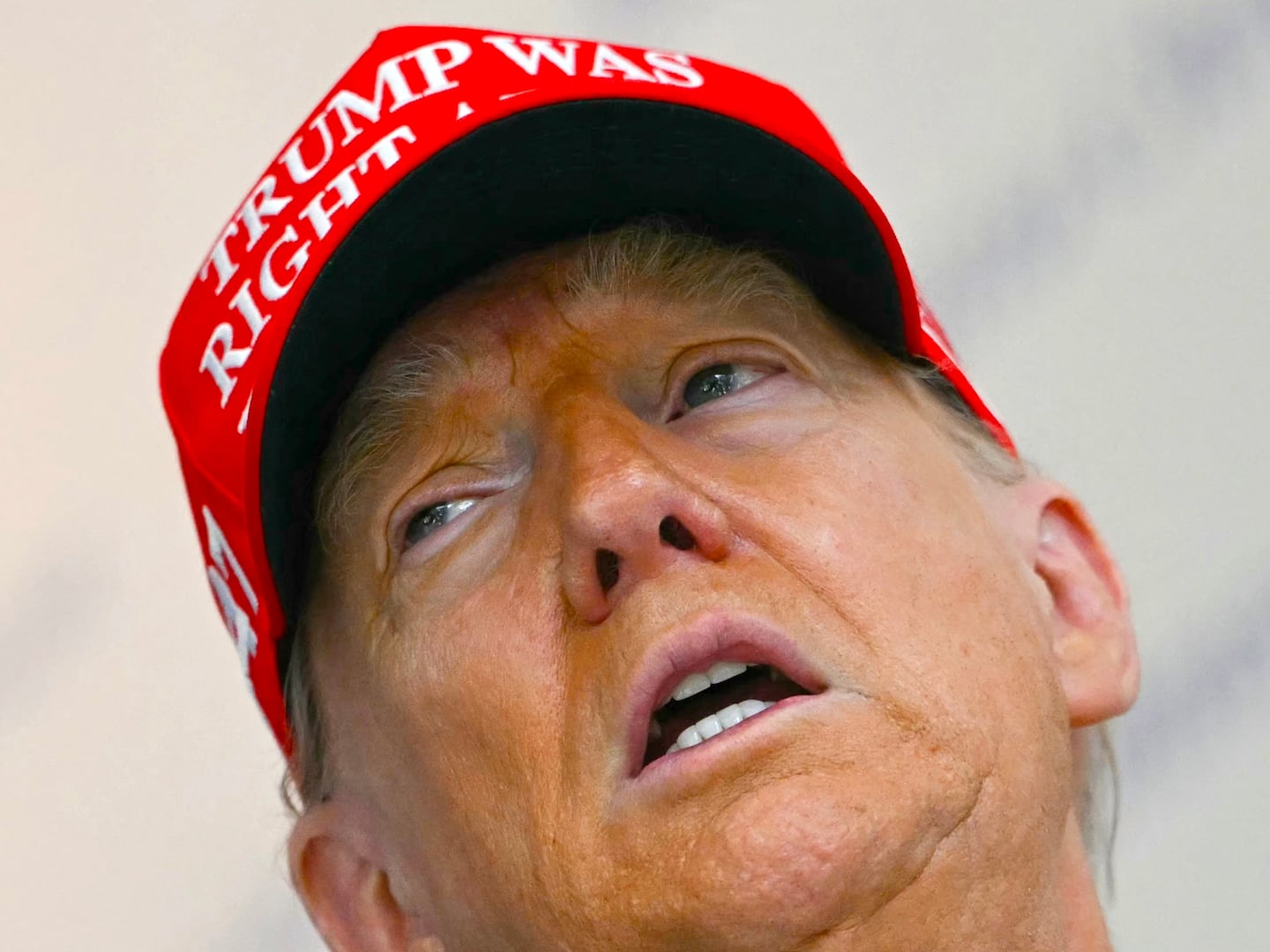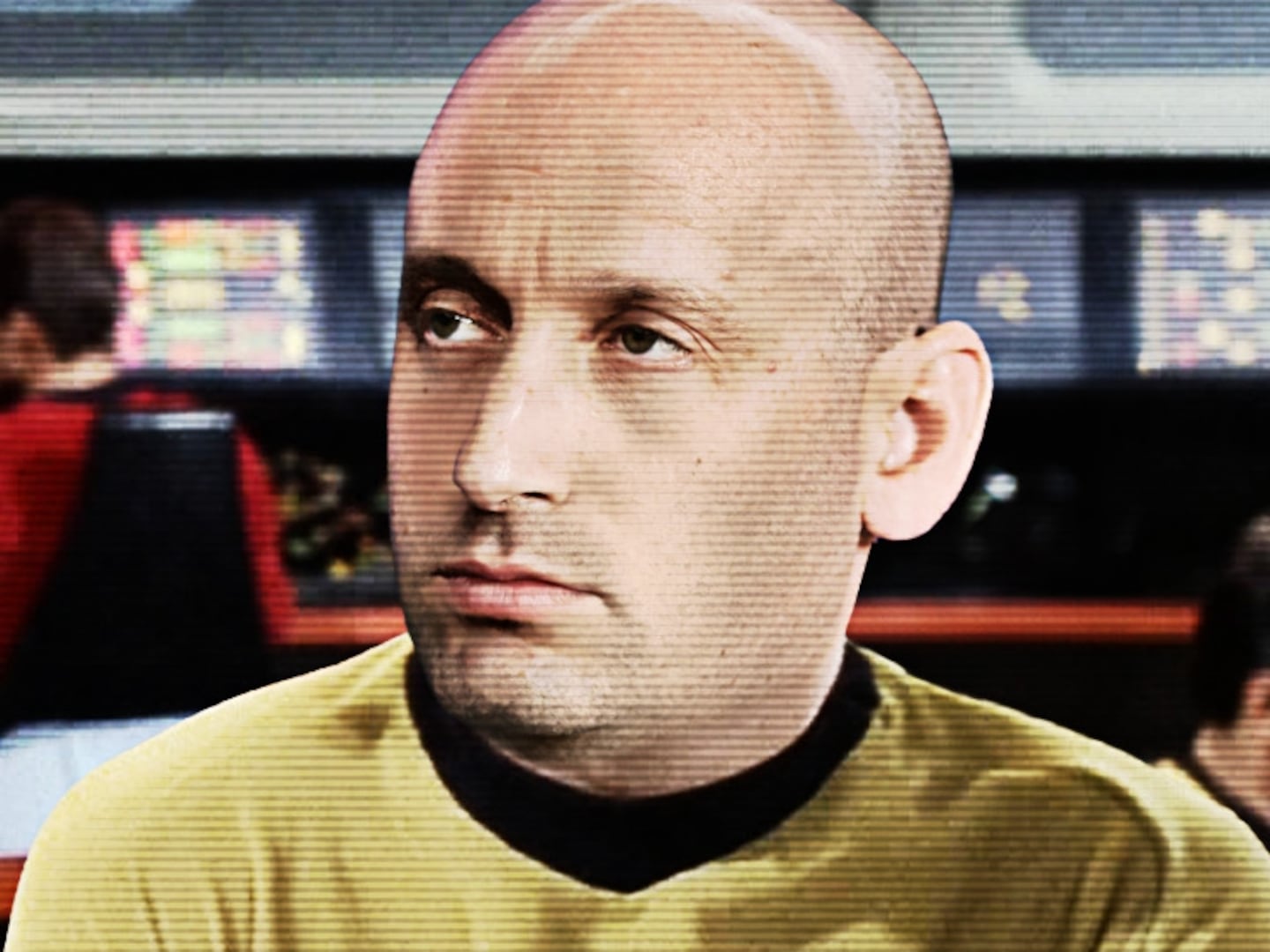“If I were recognized right now,” says former New Mexico governor Gary Johnson, the presidential nominee of the Libertarian Party, “for where I am nationally in the polls—around 5 percent—the overwhelming reaction from voters would be: who the hell is Gary Johnson? In that kind of environment, I would do very well.”
Voters do not know who Johnson is because, in one of the longest and most intensely fought presidential political seasons in years, he has received precious little coverage in the national media. The former two-term governor of New Mexico was one of the early candidates for the nomination of the Republican Party, but after he made appearances in two debates last year, one in May and one in September, he was excluded from future debates, essentially eliminating him from the race. His positions on issues, it appeared, were too similar to those of Ron Paul, the curmudgeonly congressman from Texas with an ardent national following.
“I thought it was going to be hard to marginalize two candidates, Ron Paul and myself,” Johnson says. “But I found myself to be completely eliminated. I was not even given the chance to be marginalized. So I made the decision that the person who was going to be the spokesperson for liberty and freedom would be the nominee for the Libertarian Party.” Johnson dropped out of the Republican race in December, sought the nomination of the Libertarian Party, and secured that nomination on May 5.
Since then, without benefit of much media exposure, he has quietly gotten his name on the ballot in almost all 50 states. “We have an issue in three states—Michigan, Oklahoma, and Pennsylvania—where we are fighting litigation to keep me off the ballot. We are confident we will win.” So who’s trying to block the Libertarian Party’s nominee from appearing on November ballots? “The Republicans are behind this,” Johnson says. “Republican lawyers in suits getting well paid are taking on our volunteer lawyers over the most obscure objections you’ve ever heard. I don’t get it. Mitt Romney should have nothing to fear from me. But apparently he does, since they are spending a lot of resources trying to keep me off the ballot. I have no knowledge of Barack Obama spending any money to do anything to me. It’s completely the Republicans.”
It’s not just the media that’s been ignoring Johnson. Pollsters have too. “They are not even putting my name in the polls when they call people,” Johnson says. “How can we know where I stand in the polls if the pollsters don’t include my name?”

Johnson’s question is relevant because, in two of the last five presidential elections, the winner was determined by the performance of a third-party candidate. In 1992, Bill Clinton won the election with 43 percent of the popular vote because Ross Perot, a third-party candidate, received 19 percent of the vote, siphoning off millions of votes, it is believed, that would have gone to George H.W. Bush. But the Bushes got their revenge in 2000. Had third-party candidate Ralph Nader not earned 97,000 votes in Florida, Al Gore would have won the state, preventing the legal action that allowed the United States Supreme Court to hand down a decision awarding the presidency to George W. Bush.
In 2000, Nader received only 3 percent of the national vote. Johnson believes if pollsters included his name he could be receiving as much as 5 percent. It stands to reason, then, that he could tip the election, especially if he takes votes from Romney, the reason Republican lawyers are fighting to keep him off the ballot in key states. However, unlike in the past, when it was obvious that Perot undermined Bush and Nader harmed Gore, it’s unclear which candidate Johnson might damage.
“Internal polls are showing that in the election I would take votes away from both candidates,” Johnson says. “Two states show that I would take more votes away from Obama—New Mexico and Colorado—and two states show I would take more votes away from Romney—North Carolina and Michigan.” True, but according to a source close to his campaign, Johnson will probably hurt Romney more than Obama, since it appears that for every one vote Johnson siphons away from Obama, he takes two from Romney.
Johnson can pull off this political jujitsu because, he says, on some issues he is more liberal than Obama while on other issues he is more conservative than Romney. “I don’t want to bomb Iran,” Johnson says, ticking off a laundry list of his positions. “I want to get out of Afghanistan tomorrow and bring the troops home. I’d like to end the drug wars. I would repeal the Patriot Act. I would have never signed the National Defense Authorization Act. I am promising to submit a balanced budget to Congress now. That would mean addressing entitlements and military spending. I am advocating abolishing the income tax and the corporate tax and eliminating the IRS and replacing all of that with one central consumption tax.”
On marriage equality, Johnson is progressive, saying it’s “a constitutionally guaranteed right.” As for Obama’s position, Johnson believes: “The President’s stance of leaving it to the states is not doing anything on the issue. The federal government does have a role because [it] has the right to enforce the United States Constitution. In my estimation, marriage equality is on par with civil rights in the 1960s.”
But Johnson’s most controversial stance is his belief that marijuana should be legalized. “It may be a bad choice to smoke marijuana but should it be criminal? Not if you’re not putting anyone else in harm’s way.” Contending that marijuana laws result in 900,000 arrests annually, Johnson sees this development as merely part of a larger national drug war—ill-founded, in his opinion. “Half of everything law enforcement does, half of all court dockets, is concerned with drug crimes. Per capita, we have more people incarcerated for drug crimes than any country in the world.”
Finally, on foreign policy, Johnson is a strident non-interventionist. “Our military interventions have given us hundreds of millions of enemies to this country, enemies that would not exist otherwise.” If that sounds like the Ron Paul Doctrine, it is. Then again, on most issues Johnson is in line with Paul, the reason Paul recently spoke glowingly of Johnson, stopping just short of endorsing him. “I am not Ron Paul,” Johnson says, “but I do not think there is anything in my résumé that would suggest I wouldn’t doggedly pursue everything I am talking about. So to Ron Paul supporters, I say: ‘You have a choice between Romney, Obama, and myself. I don’t think there’s a choice.’”
No matter what happens in November, Johnson will remain in the Libertarian Party. “I think I’ve been a libertarian all my life,” he says. ”I’m coming out of the closet here!” And what about the label of being the Ralph Nader of 2012? “People talk about a wasted vote. But how can a vote be more wasted than voting for someone you don’t believe in? Wouldn’t it be better to vote for someone you do believe in? That’s how you change things in this country.”






